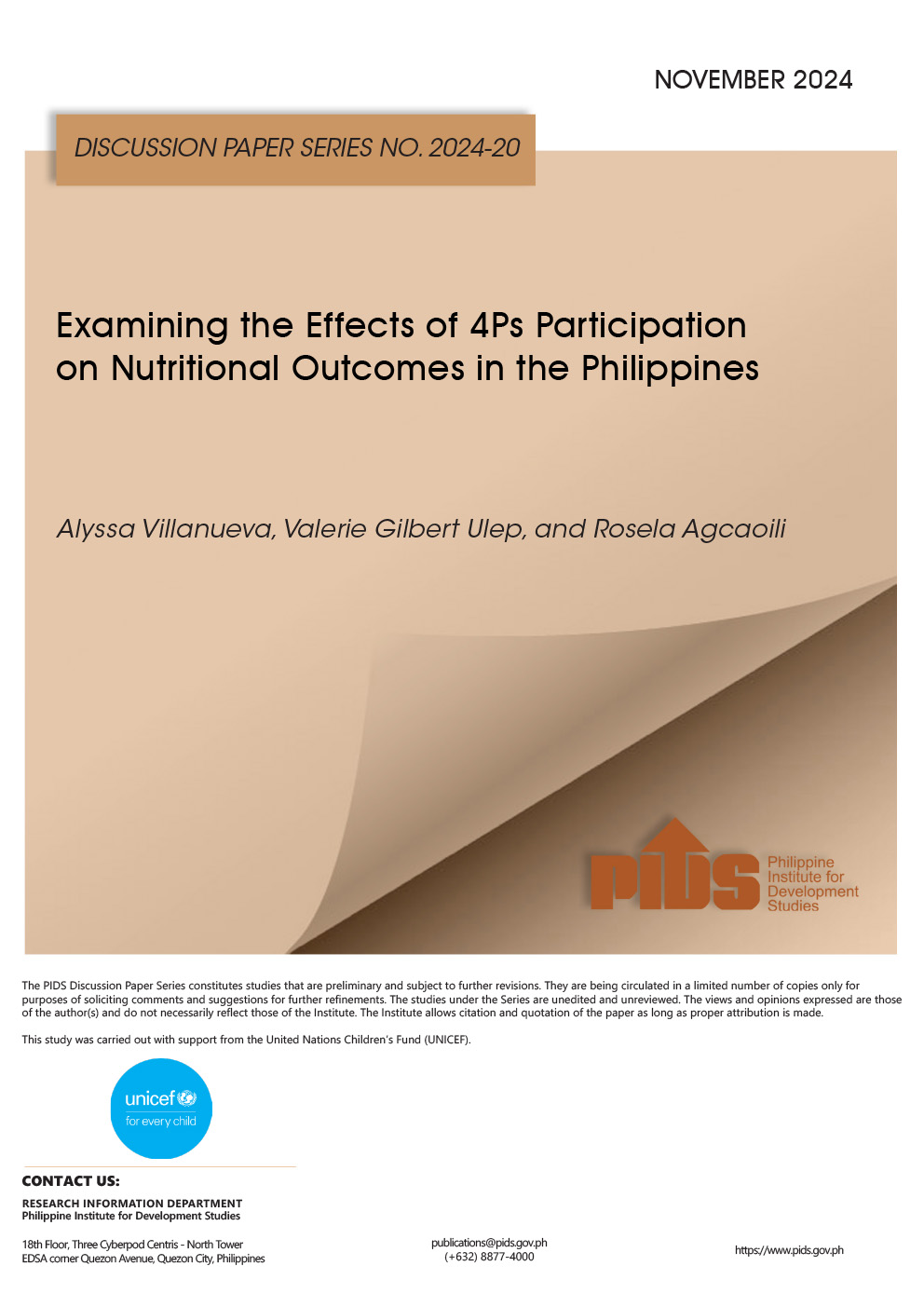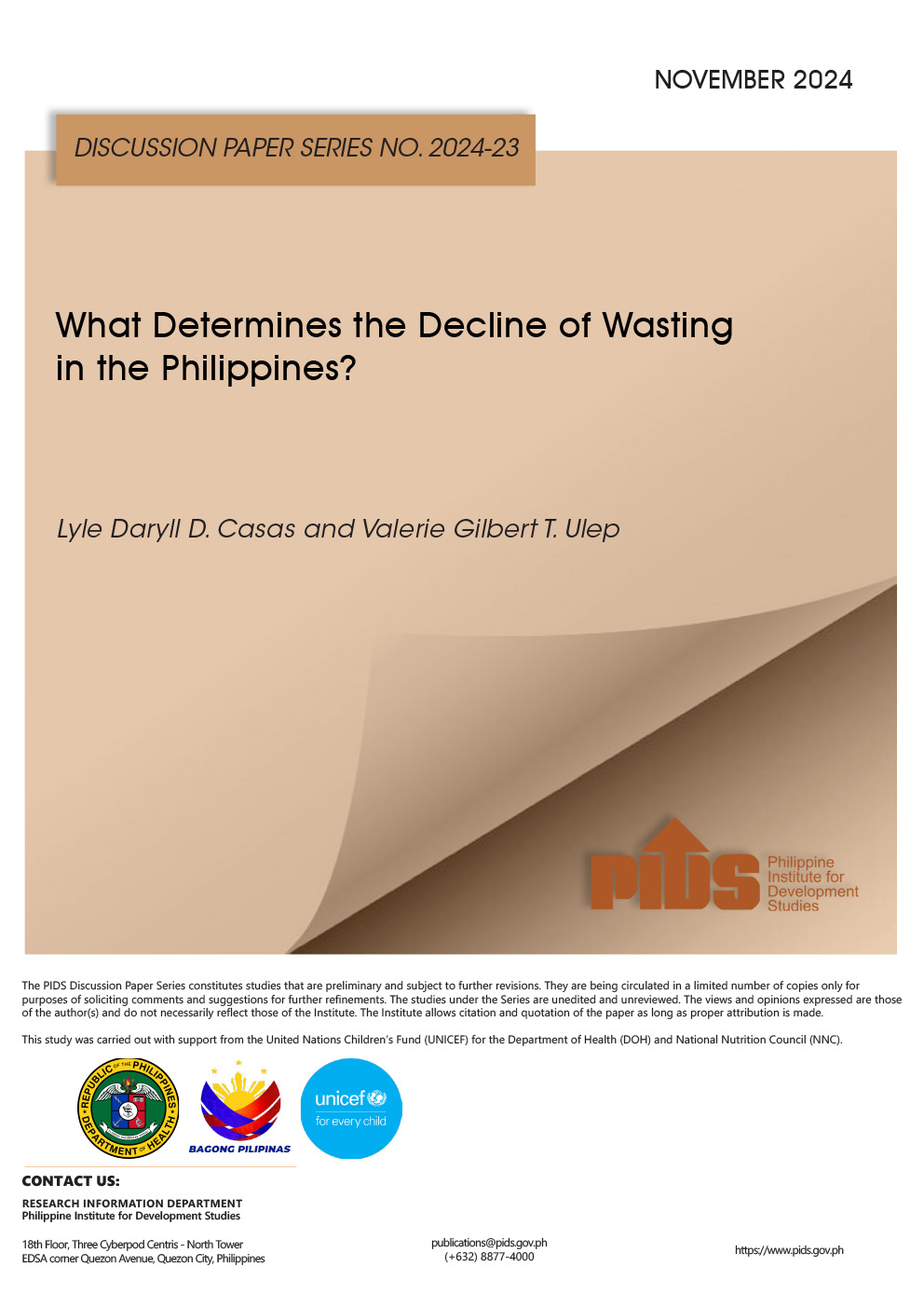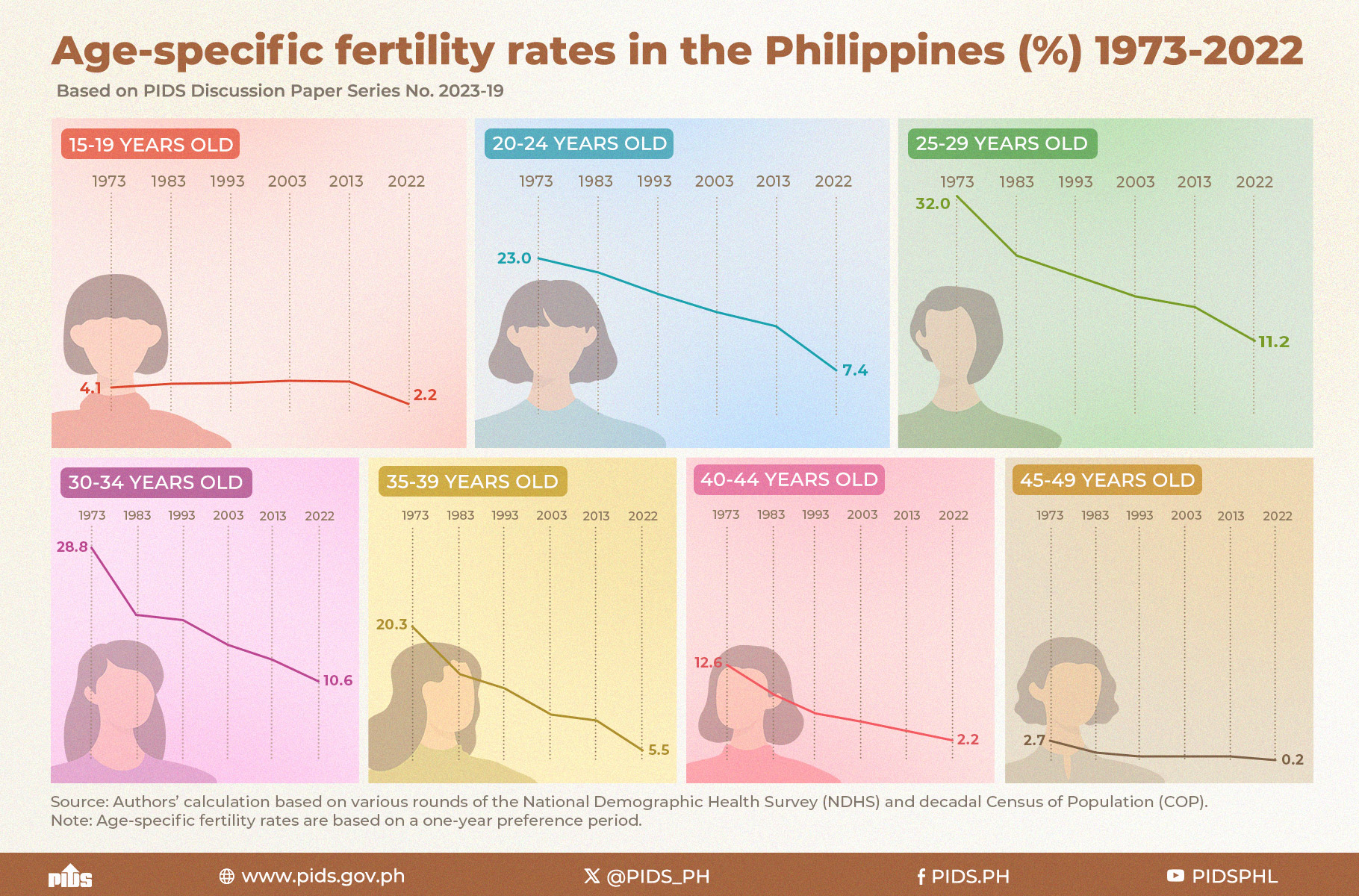The benchmark Philippine Stock Exchange index (PSEi) surged close to the 8,000-point level in morning trades as a send-off to former President Aquino and to welcome President Rodrigo R. Duterte.
“The PSEi easily broke past the 7,900 line, marking at least 13 percent in year-to-date gains. At the noon break, the index stood at 7,974.54, 176.01 points [2.26 percent], up over the previous day and nearly 15 percent on the year-to-date,” A&A Securities Inc. research and marketing head Justino Calaycay Jr. said.
However, the market gave up all gains in the afternoon trades. The main index ended 2.28 points, or 0.03 percent lower, at 7,796.25 after surging to an intraday high of 7,980.75.
The market’s optimism on Thursday apparently spilled over to businessmen and economists following Mr. Duterte’s inaugural speech, where he vowed to cut red tape and honor contracts.
“The instruction to ease regulations is an excellent one. People have been looking for this—to be burdened less by unnecessary rules and regulations. This is most welcome,” National Competitiveness Council Private Sector Cochairman Guillermo M. Luz said.
“Honoring government contracts is also a welcome move. This will reassure investors and encourage them to look at the Philippines on a long-term basis,” Luz added.
Makati Business Club Executive Director Peter V. Perfecto and Management Association of the Philippines (MAP) President Perry Lim Pe echoed Luz’s sentiments.
“We laud Mr. Duterte’s first order to all Cabinet secretaries to reduce requirements and processing time of all applications across agencies; and remove redundancies in these requirements; and to respect the sanctity of contracts,” Perfecto said.
Pe said putting in place measures to facilitate doing business in the Philippines has always been the advocacy of MAP.
“The ease of doing business is our MAP theme and advocacy, so that’s why we are so happy. Honoring contracts is much applauded. President Rody clearly shows leadership,” Pe said.
The President’s promise to cut red tape and fulfill government contracts were part of the “wish list” presented by the business sector to his economic team during a business summit in Davao last month.
LGUs’ role
Local economists also welcomed the President’s directives to cut red tape and honor contracts, saying it will boost investor confidence and economic growth.
Ateneo de Manila University EagleWatch Senior Fellow Dr. Alvin Ang said this will put pressure not only on national agencies but also on local government units (LGUs) to step up their efforts to streamline the bureaucracy.
While national agencies handle the permits and documents needed by large firms to operate, Ang said LGUs are the ones that usually issue business permits to small firms.
“The message is not just for the national [agencies] but the whole bureaucracy and its going to pressure, particularly the local governments, to deliver,” Ang said.
By stressing the need to cut red tape, Dr. Victor Abola of the University of Asia and the Pacific (UA&P) said the President is following the law which mandates LGUs to act on applications for permits within two weeks or not longer than 14 days.
Anti-Red Tape Act of 2007, or Republic Act 9485, provides that all requests and applications must be acted upon by government offices and employees no longer than five working days for simple transactions and 10 working days for complex transactions.
Abola said if there is any violation of the law, he believes the President will not think twice about filing administrative cases against erring public servants.
“He is definitely a strong President; that is one thing. Agencies could not afford to be wishy-washy because Mr. Duterte walks his talk and his talk is fairly straightforward, simple and straightforward,” Abola said.
“I have become more optimistic than before the elections, to be honest. [Because] I saw that he was toning down his [campaign] rhetoric early on,” he added.
Biggest beneficiary
While all sectors stand to benefit from the cutting of red tape, Philippine Institute for Development Studiessenior fellow Adoracion Navarro said the energy sector will benefit the most from streamlining government regulations.
Navarro said she and her team of researchers are currently doing a study on renewable energy. Their preliminary findings indicated that companies have cited as a major concern the numerous permits they need to secure for their ventures.
UA&P School of Economics Dean Cid Terosa also said the President’s pronouncements are consistent with his aim to further the country’s economic success.
“I think those directives were really consistent with his sense of urgency of removing any obstacle to further economic growth and development. I felt the same urgency with which he announced that he will eliminate criminality and drugs in a matter of months, so I think those directives are consistent with the sense of urgency to act,” Terosa said.
Navarro said the President’s promise to honor contracts is a “welcome directive,” as this would increase businessmen’s confidence in partnering with the government.
This, Navarro said, also implies that both the government and private sector will now be more vigilant in making their contracts and partnerships withstand legal scrutiny.
“I hope all the executing agencies, when they enter into a contract or even that stage when they review contracts or even at the stage when they prepare projects during the project development stage, will ensure that the arrangements will really stand legal scrutiny,” she said.
Ang said the market’s sentiment on the President seemed positive, given that the stock market was already up 2.25 percent even before he made his inaugural speech.
Terosa said this may be because the President has already emphasized a sense of urgency during his pronouncements before, during and after the campaign.
This sense of urgency is something that has been lacking in the Philippines. “It gives you confidence that this man knows what we need to do. This sense of urgency is what businessmen and investors would like to see.”//
“The PSEi easily broke past the 7,900 line, marking at least 13 percent in year-to-date gains. At the noon break, the index stood at 7,974.54, 176.01 points [2.26 percent], up over the previous day and nearly 15 percent on the year-to-date,” A&A Securities Inc. research and marketing head Justino Calaycay Jr. said.
However, the market gave up all gains in the afternoon trades. The main index ended 2.28 points, or 0.03 percent lower, at 7,796.25 after surging to an intraday high of 7,980.75.
The market’s optimism on Thursday apparently spilled over to businessmen and economists following Mr. Duterte’s inaugural speech, where he vowed to cut red tape and honor contracts.
“The instruction to ease regulations is an excellent one. People have been looking for this—to be burdened less by unnecessary rules and regulations. This is most welcome,” National Competitiveness Council Private Sector Cochairman Guillermo M. Luz said.
“Honoring government contracts is also a welcome move. This will reassure investors and encourage them to look at the Philippines on a long-term basis,” Luz added.
Makati Business Club Executive Director Peter V. Perfecto and Management Association of the Philippines (MAP) President Perry Lim Pe echoed Luz’s sentiments.
“We laud Mr. Duterte’s first order to all Cabinet secretaries to reduce requirements and processing time of all applications across agencies; and remove redundancies in these requirements; and to respect the sanctity of contracts,” Perfecto said.
Pe said putting in place measures to facilitate doing business in the Philippines has always been the advocacy of MAP.
“The ease of doing business is our MAP theme and advocacy, so that’s why we are so happy. Honoring contracts is much applauded. President Rody clearly shows leadership,” Pe said.
The President’s promise to cut red tape and fulfill government contracts were part of the “wish list” presented by the business sector to his economic team during a business summit in Davao last month.
LGUs’ role
Local economists also welcomed the President’s directives to cut red tape and honor contracts, saying it will boost investor confidence and economic growth.
Ateneo de Manila University EagleWatch Senior Fellow Dr. Alvin Ang said this will put pressure not only on national agencies but also on local government units (LGUs) to step up their efforts to streamline the bureaucracy.
While national agencies handle the permits and documents needed by large firms to operate, Ang said LGUs are the ones that usually issue business permits to small firms.
“The message is not just for the national [agencies] but the whole bureaucracy and its going to pressure, particularly the local governments, to deliver,” Ang said.
By stressing the need to cut red tape, Dr. Victor Abola of the University of Asia and the Pacific (UA&P) said the President is following the law which mandates LGUs to act on applications for permits within two weeks or not longer than 14 days.
Anti-Red Tape Act of 2007, or Republic Act 9485, provides that all requests and applications must be acted upon by government offices and employees no longer than five working days for simple transactions and 10 working days for complex transactions.
Abola said if there is any violation of the law, he believes the President will not think twice about filing administrative cases against erring public servants.
“He is definitely a strong President; that is one thing. Agencies could not afford to be wishy-washy because Mr. Duterte walks his talk and his talk is fairly straightforward, simple and straightforward,” Abola said.
“I have become more optimistic than before the elections, to be honest. [Because] I saw that he was toning down his [campaign] rhetoric early on,” he added.
Biggest beneficiary
While all sectors stand to benefit from the cutting of red tape, Philippine Institute for Development Studiessenior fellow Adoracion Navarro said the energy sector will benefit the most from streamlining government regulations.
Navarro said she and her team of researchers are currently doing a study on renewable energy. Their preliminary findings indicated that companies have cited as a major concern the numerous permits they need to secure for their ventures.
UA&P School of Economics Dean Cid Terosa also said the President’s pronouncements are consistent with his aim to further the country’s economic success.
“I think those directives were really consistent with his sense of urgency of removing any obstacle to further economic growth and development. I felt the same urgency with which he announced that he will eliminate criminality and drugs in a matter of months, so I think those directives are consistent with the sense of urgency to act,” Terosa said.
Navarro said the President’s promise to honor contracts is a “welcome directive,” as this would increase businessmen’s confidence in partnering with the government.
This, Navarro said, also implies that both the government and private sector will now be more vigilant in making their contracts and partnerships withstand legal scrutiny.
“I hope all the executing agencies, when they enter into a contract or even that stage when they review contracts or even at the stage when they prepare projects during the project development stage, will ensure that the arrangements will really stand legal scrutiny,” she said.
Ang said the market’s sentiment on the President seemed positive, given that the stock market was already up 2.25 percent even before he made his inaugural speech.
Terosa said this may be because the President has already emphasized a sense of urgency during his pronouncements before, during and after the campaign.
This sense of urgency is something that has been lacking in the Philippines. “It gives you confidence that this man knows what we need to do. This sense of urgency is what businessmen and investors would like to see.”//












